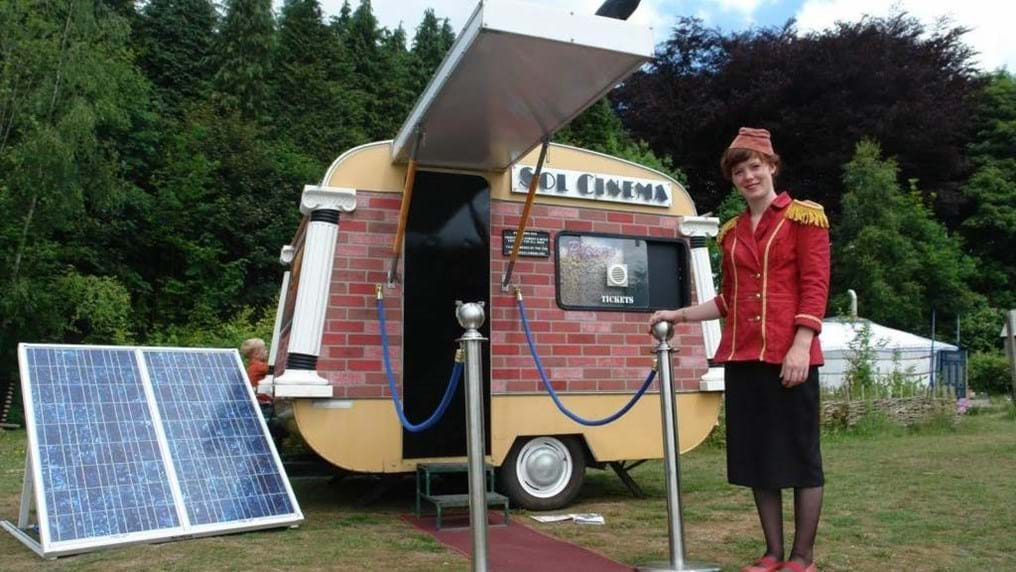Day 105: Solar power – from innovative to the bizarre

9th September 2014
Author: Geoff Maitland, IChemE President 2014–2015.
I have explored in other blog posts solar technology innovations that will transform the way we live and use energy. But I was recently reminded of some of the truly innovative and practical ways solar power can be applied after seeing a University of Queensland ‘Sustainability Week’ event that involved enjoying sustainable food cooked on a solar powered barbeque.
For a bit of fun, I thought it was worth checking-out some of the more unconventional solar powered products that have been developed over the years – some very practical and others bordering on ridiculous.
The wackiest use of solar energy I have ever seen has to be the solar power bikini (iKini). This limited-edition bikini was created by a US designer and made from hand stitched photovoltaic film strips that can power small electronic gadgets such as iPods and cameras. Just don’t forget to unplug your devices before taking a dip!
In the UK we have the world’s smallest solar powered movie theatre ‘The Sol Cinema’. The converted retro style 1972 trailer uses solar panels to charge lithium ion batteries to power a movie theatre that can seat up to eight guests.
If you are desperate for a cuppa while hiking, then a SunRocket solar kettle is for you. Provided you have enough daylight, the solar kettle and thermos can heat liquids by using an evaporated vacuum tube (the same technology used for solar thermal panels) with reflective panels to heat up to approximately 500 ml of liquid in 30 minutes.
A time and energy saving device for those fortunate enough to have a swimming pool is a solar powered pool cleaner that works much like the robot house vacuum cleaners. The floating pool cleaner skims off floating debris before sinking to finish cleaning the bottom of the pool.
On a more morose note and something that might appeal more GenY and Z, is a solar powered grave marker, called the E-Tomb. The concept is it to connect to the tombstone via Bluetooth to receive information and the ‘digital’ personality of the deceased, including social networking sites, websites, pictures and videos. Friends and family can also upload their own information to add more memories to what is already stored.
A mobile internet café, the Zuba Box, is constructed from a used shipping container that uses solar panels to power a computer and 11 monitors.
While not usual, I like this practical solution to providing computer access in remote areas or disaster zones. In Africa, farmers have been able to use the ZubaBox to access weather forecasts to determine when they need to adjust crop planting and harvesting times, thereby increasing food security and productivity. I’m sure there will come a time when solar back packs, tents, ovens and barbeques will become ordinary sights, but as improvements are made to solar technology materials, I am really looking forward to being amazed by the next wave of ingenious solar innovations that will have a positive impact on human activity and the environment.
ChemEng365 blog
Geoff Maitland launched this blog during his IChemE presidency in 2014. ChemEng365 features 365 chemical engineering successes and achievements throughout his year-long presidency.